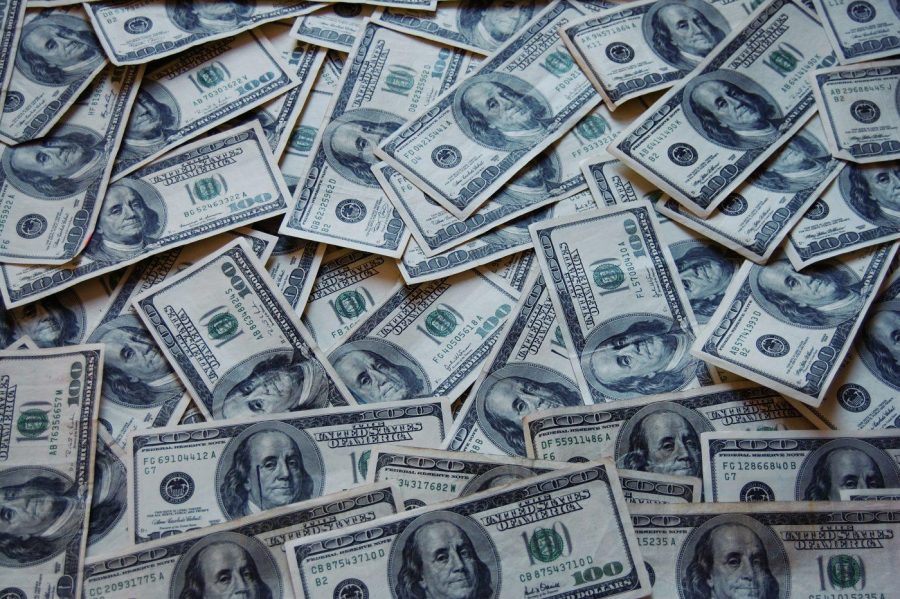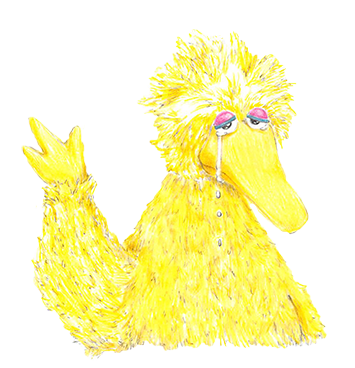Through intense scouring, investigative journalists leaked information that exposed public officials engaged in a global web of corruption and tax evasion.
The Panama Papers reference international leaders who have illegally opened up Panamanian shell companies, or offshore bank accounts that don’t reveal the identity of their real owners.
While the United States imposes stringent laws on the monitoring of bank accounts and identifies bank accounts with their respective owners, countries like Panama don’t.
And because of this, a Panamanian law firm called Mossack Fonseca established 14,086 illegal offshore bank accounts. The company only knew the identities of 205 of the account owners.
Many of these shell company owners hold positions of power: corporate officials linked to Russian President Vladimir Putin and the prime minister of Iceland.
While their motives for holding these bank accounts may not be entirely harmful, all of the people involved are under intense scrutiny for their questionable actions.
Inevitably, some of these foreigners are using the shell companies to avoid paying taxes and to get away with money laundering and drug trafficking.
But at this point, it’s hard to know exactly who the “good guys” are. The massive consortium of journalists responsible for tracking down information about the shell companies and their owners has only unearthed about 10 percent of all of the information that exists.
None of the leaked information points to a United States official or company that is involved in this network of deception.
Nevertheless, Upper School History Teacher Tracy Walder suggests that the possibility of a U.S. connection is high.
“I have a hard time believing that no one from the U.S. engages in that kind of activity,” Walder said. “If anyone is involved, I think that it’s going to be the CEOs of Fortune 500 companies.”
Even though mystery still shrouds the Panama Papers – we don’t know how the information was leaked and the names of every single person involved – Walder believes that understanding the effects that the Panama Papers could have on the global balance of power is essential.
“So far, we know that people like the prime minister of Iceland are involved,” Walder said. “If leaders resign, that could really upset the geopolitical balance and cause a political fall out.”















